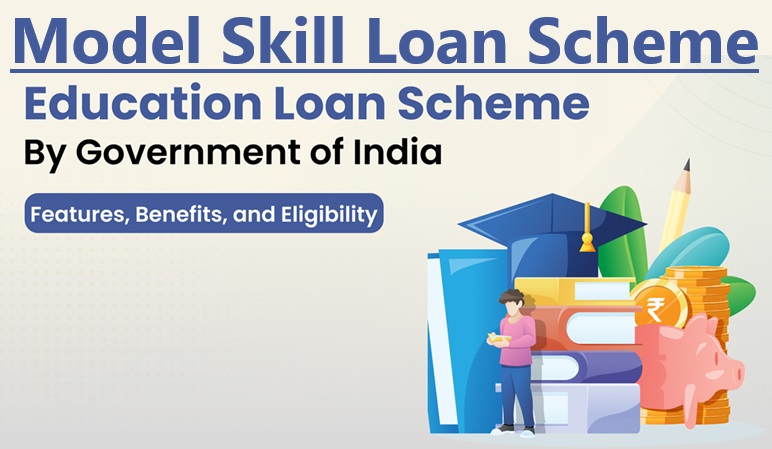NPS Vatsalya Scheme
The Finance Minister, Nirmala Sitharaman, introduced the NPS Vatsalya, an innovative scheme designed exclusively for children, during the Union Budget address for 2024–25. In order help secure their children’s future, this innovative initiative allows parents and guardians to make contributions to NPS on their children’s behalf.
Let’s discover all there is to know about NPS Vatsalya, including who qualifies, how it operates and more-
In Shorts
- What is NPS Vatsalya Scheme?
- Who Can Open an NPS Vatsalya Account?
- Difference between NPS and NPS Vatsalya Scheme 2024
- Benefits of the NPS Vatsalya Scheme
- What are the alternatives
What is NPS Vatsalya Scheme?

A new pension plan called the NPS Vatsalya Scheme, which was included in the Budget 2024, makes it easier to save money for the future of the children in family.
A parent or guardian of a minor may enroll their child in this program, create an NPS account, and make contributions each month.
The account will become a standard NPS account when the minor reaches maturity. This basically shows that this is a retirement savings account for the minor.
In the corporate category, the implementation rate of NPS is between 10% and 15%. In addition, many find it difficult to direct their money toward retirement plans because of their short-term objectives and costly expenses. It’s a bit much to ask parents who might not be getting ready for retirement themselves to think about their children’s older years.
The ability to properly allocate funds to profitable possibilities for investment is what citizens need in order to pay for the continuously increasing costs of higher education. Saving for their ward’s retirement would be unthinkable for even the greatest investor.
Who Can Open an NPS Vatsalya Account?

All parents and guardians, including Indian nationals, NRIs, and OCIs, are eligible to participate in this NPS program. Thus, anyone may benefit from this program if want sto ensure their child’s future.
Using the official eNPS website, the Central Government will probably provide a means of applying for the NPS Vatsalya Scheme very soon.
Note: Check the website for further information on how to get going. refer below links
1- eNPS
2- NSDL
Difference between NPS and NPS Vatsalya Scheme 2024
The National Pension Scheme (NPS) is a social security initiative by the Central Government. This pension programme is open to employees from the public, private and even the unorganised sectors, except those from the armed forces.
The scheme encourages people to invest in a pension account at regular intervals during the course of their employment. After retirement, the subscribers can take out a certain percentage of the corpus. As an NPS account holder, subscribers will receive the remaining amount as a monthly pension post their retirement.
But under NPS Vatsalya Scheme 2024, now parents can open their child’s account in this NPS at any age and till the age of 18 years, they will deposit the amount for this account and till the child starts earning, they can deposit money in this account and when the child is 18 years old, the child can run his account himself.
Benefits of the NPS Vatsalya Scheme

Here are a few benefits of this new initiative.
- Long-Term Growth: The account can accumulate an immense amount by the time when child retires because it was opened while they are still a minor.
- Early Savings Habits: It helps kids form wise financial-saving practices at a young age.
- Simple Account Conversion: Child’s NPS Vatsalya account may be simply changed into a conventional NPS account upon reaching 18, which they can retain for the duration of their lives in order to accumulate a healthy retirement fund.
- Financial Responsibility: It encourages the value of saving as they enter adulthood and aids in the development of a feeling of financial responsibility.
What are the alternatives
A market-linked savings plan with tax advantages and an extended lock-in is crucial for saving for children’s education. In order for people to think about NPS Vatsalaya, the following elements must be offered-
At or after the age of 18, allow tax-free corpus withdrawal, as long as there is evidence attesting to the contribution made to the educational institution.
It is possible to put in place a mechanism for donations similar to Form 10BE. The adoption is likely to be low unless appropriate tax benefits and access to the funds are provided, even though the government may find it easier to have an established entity like PFRDA manage the plan.
In addition, the PFRDA’s limitation on the necessary structure of pension-related plans does not worry the public.
Permit siblings and grandparents to make contributions to the account if they are related. Children get gifts from family members on holidays and birthdays. Acknowledging their contribution will contribute to the corpus, which will be more beneficial in the long run than getting gifts from presents.
The current approach appears to make NPS Vatsalya unattainable, as citizens have more affordable and tax-efficient options, like as equity mutual funds, to save for their future needs.





